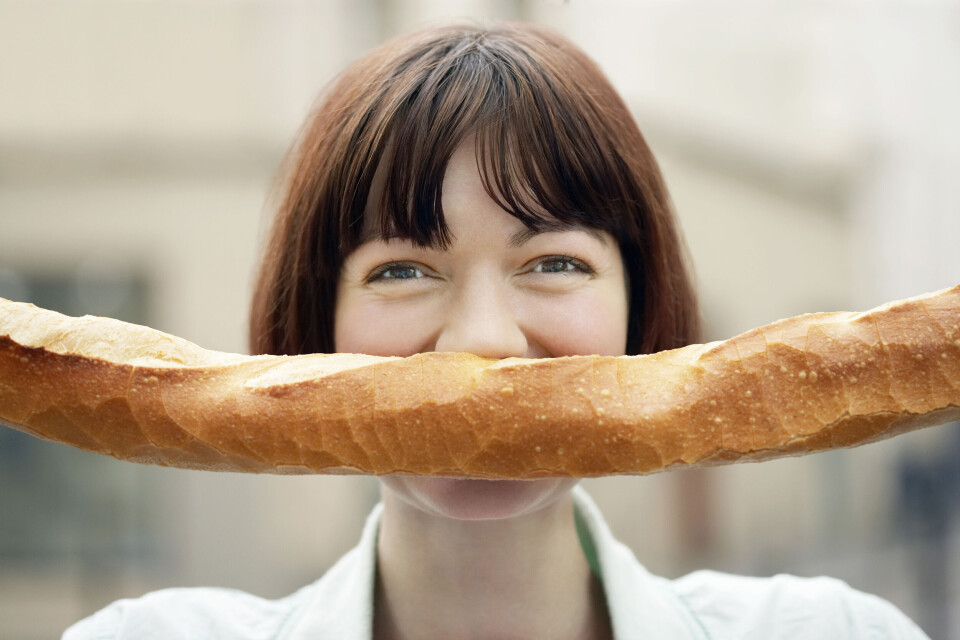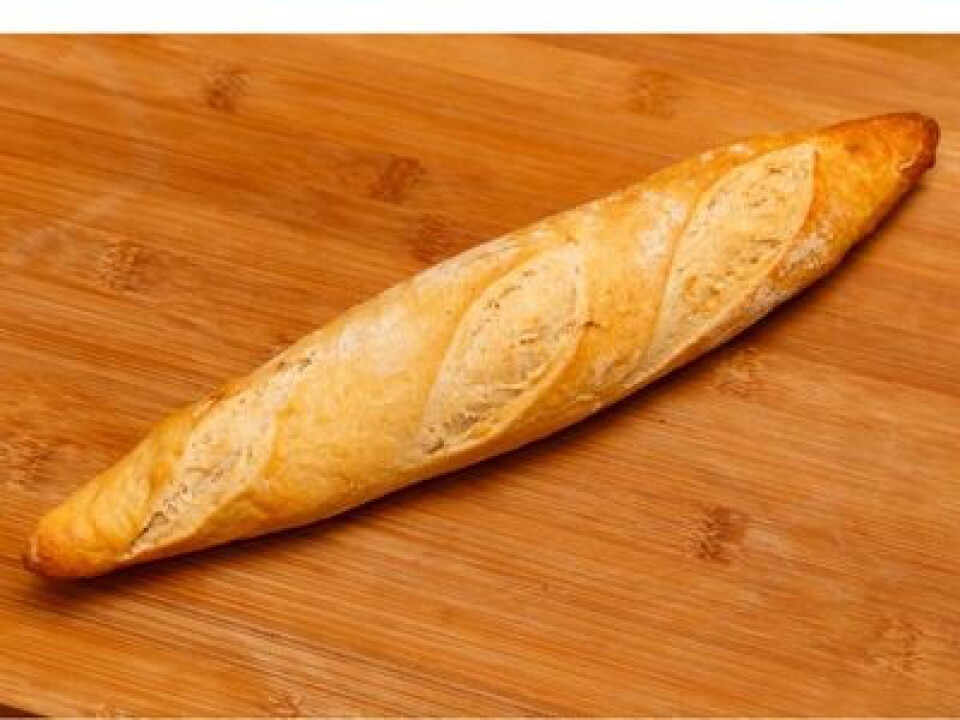-
Hungry, peckish, stuffed: 11 French phrases to do with food and eating
These phrases help to talk about one of the most important subjects in France - food
-
Rugby vocabulary to know if watching the Six Nations in France
From un tampon to une cathédrale, understand the meaning of key French rugby terms
-
Duck Cold! Four French phrases to use when it is freezing outside
We remind you of French expressions to use to describe the drop in temperature
Five things they don’t tell you about baguettes in France
The correct term for the ends and etiquette on eating it in the street, we guide you through some French bread essentials

1. La boulangerie
In France’s 30,000 bakeries, the bread has to be baked on the premises by a qualified baker – otherwise it is not a boulangerie, it’s a dépôt de pain.
They all sell croissants and many still sell fresh yeast but if you want fancy cakes, you’ll need a pâtisserie or a boulangerie-pâtisserie.
Naturellement!
Read more: French baguette-making practices added to Unesco intangible heritage
2. La baguette
There are different sizes.
A standard baguette weighs around 250g, but if you are entertaining, you can ask for un pain, which is around 400g.
If you just want to slice a baguette for toast without buying 400g, un demi pain, or if you are on apetit régime, une ficelle is 125g.
Et voilà!
Read more: Learn from the French: how to order the perfect baguette
3. Le bout
The end of a baguette is called a croûton in the north, and a cul in the north-east.
In the south, it is a quignon, except when it is a croustet (near the Pyrenees), a crougnon (in the centre) or a crotchon (parts of the Alps). Got that?
C’est simple, non?
Read more: Baguette, petits pains: Seven French expressions to do with bread
4. La farine
Banettes appeared in 1981, when independent boulangeries adopted the name to distinguish their bread from cheaper, mass-baked baguettes sold by supermarkets.
Banettes are handmade from higher quality flour and have pointy ends.

Photo: A banette is often thought of as more authentic French bread; Credit: Bernardo Emanuelle / Shutterstock
The name comes from the Occitan word baneta meaning ‘little horn’.
Miam!
Read more: French ‘cannot tell a good baguette anymore’ says bread historian
5. Les gourmandises
Eating in the street has traditionally been frowned upon in France, with the honourable exception of munching the quignon, croûton, cul, croustet, crougnon or crotchon on the way home from the boulangerie, which is regarded not just as an accepted pleasure of life, but a positive declaration of Frenchness.
Some things cannot be resisted.
Bon app!
Related articles
‘A nice sheen’, ‘a honeycombed crumb’: France’s best baguette revealed
RECIPES: bake a French baguette or sweet potato bread like a master
Young French pastry chef says ‘love’ is key to perfect croissant
























